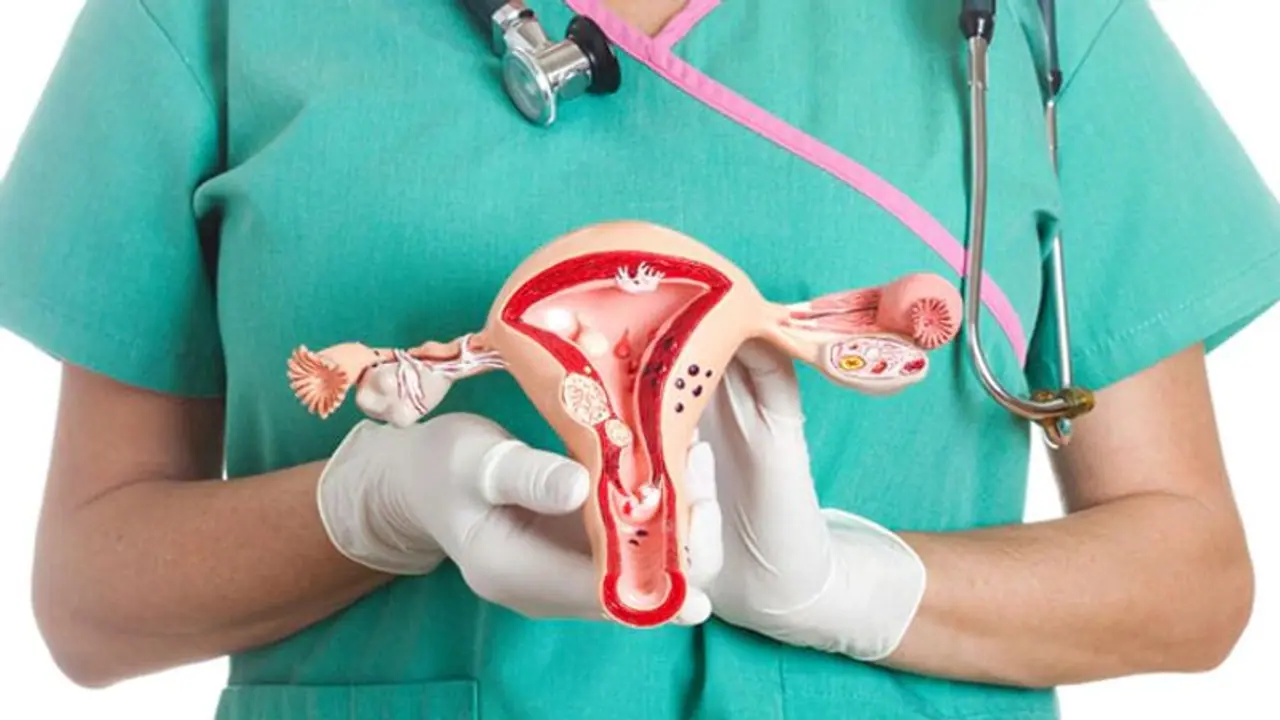‘Cervical Cancer Awareness Month’ just went by and we spoke to Dr. Aditi Chaturvedi, Consultant Surgical Oncologist and Breast surgeon, Max Institute of Cancer Care, to talk about some myths around this deadly illness; read on
Cervical Cancer is one of the most common cancers affecting women in India. It is one of the preventable cancers because it is known to be commonly associated with persistent infection by a virus called Human Papillomavirus i.e. HPV for which vaccination is available. Last month, is eminent to be the ‘Cervical Cancer Awareness Month’ so here, we will try and dispel some myths about this disease.

Myth: Cervical cancer is hereditary.
Fact: Unlike breast, ovarian and certain other cancers, cervical cancer generally does not run in families. This means that it can develop in anyone, even if they have no one in the family affected by cancer. Moreover, if any member in your family has had cervical cancer, it does not mean that you are at increased risk.
Also Read: World Cancer Day 2022: Can walnuts protect you from cancer? Here’s what experts say
Myth: HPV vaccination is not very effective or safe.
Fact: HPV vaccination has shown to be highly efficacious in preventing cervical cancer. It is recommended for all girls in the age group of 11 to 14 years. It can also be given to young women up to the age of 26 years or before their first sexual exposure. Catch up vaccination can also be offered to women up to the age of 45 years if they understand that the efficacy of the vaccine may be less. It is a very safe vaccine with minor side effects if any. It does not cause any major issues like infertility or autoimmune disease.
Also Read: World Cancer Day 2022: Here are 7 steps that help to prevent breast cancer
Myth:If I have been vaccinated against HPV, I do not need a Pap smear
Fact: Cervical cancer screening is recommended for all women irrespective of the HPV vaccination status. Between the age group of 21 to 30, screening with Pap smear is recommended every three years. After the age of 30 till the age of 65, Pap smear and HPV co-testing is recommended every five years or Pap smear alone every 3 years. These tests must be done even in women who have been vaccinated.
Myth: HPV infection can only happen to women with multiple sexual partners and if you have the infection, you will develop cancer.
Fact: HPV infection is quite common. It can affect upto 80% of adults even if they have just one sexual partner. There are more than 100 types of HPV – some types are a greater risk for cervical cancer, while others are not. Normally, your body’s immune system explicit the virus by itself. However, for some, the HPV does not clear from the body, and over time, it can be the cause of abnormal cell changes in the cervix that develop into cancer.
Myth: Getting a Pap smear is painful
Fact: Pap smear or high-risk HPV testing is a very simple, outpatient department based test which can be done quickly and quite comfortably. There is nothing to be scared of. It involves collecting cells from your cervix which is the lower, narrow end of your uterus that is at the top of your vagina. The procedure can be easily explained and done by your specialist.
Also Read: World Cancer Day 2022: Breast implants to hot tea, 7 things that can raise your risk of cancer
Myth: Cervical cancer can only develop in elderly women.
Fact: Cervical cancer can be diagnosed in women at any age. In fact, it is quite common in the reproductive age group. The symptoms of cervical cancer are quite varied ranging from bleeding between periods, bleeding after sex, postmenopausal bleeding, foul-smelling vaginal discharge, backache etc. If you experience such symptoms at any age, please consult a specialist.
Myth: A woman cannot have children after cervical cancer treatment.
Fact: It is possible to preserve fertility after cervical cancer treatment in certain cases. Cervical cancer is generally treated with surgery, radiotherapy, chemotherapy depending on the stage and type of disease. There are fertility-preserving options available in certain well-selected cases which can be discussed by your treating team.
